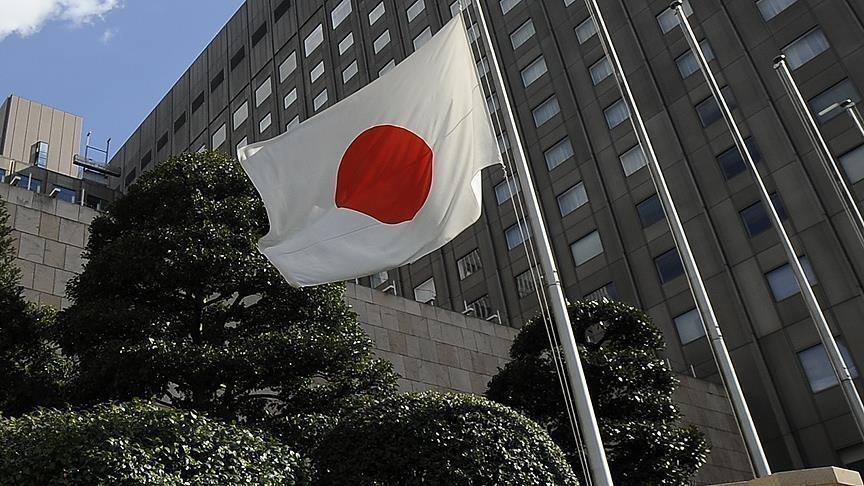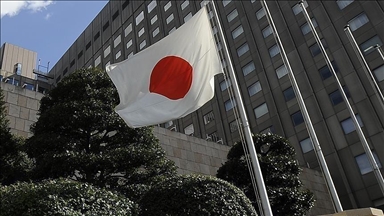Japan’s main opposition signals readiness for ‘policy concessions’ to back joint candidate in premier vote
Parliamentary ballot for new prime minister expected later this month

ANKARA
Japan’s main opposition party has expressed readiness to make “policy concessions” to field a joint candidate against the ruling Liberal Democratic Party (LDP) in the upcoming vote to choose the country’s next prime minister, according to local media reports Sunday.
Constitutional Democratic Party of Japan (CDPJ) leader Yoshihiko Noda said he was prepared to enter “discussions with some flexibility” to narrow gaps with other opposition forces, urging Democratic Party for the People (DPP) chief Yuichiro Tamaki to adopt the same approach, Tokyo-based Kyodo News reported.
His comments follow the Komeito party’s decision Friday to end its 26-year alliance with the LDP, a political shift that could complicate efforts by new LDP president Sanae Takaichi to become Japan’s first female prime minister.
The DPP has cited differences over energy and security policies as key obstacles to uniting behind a single opposition candidate.
Noda, who previously served as prime minister, said Tamaki must demonstrate “the ability to bring others together,” warning that refusing to seek common ground would be “an irresponsible attitude.”
Komeito leader Tetsuo Saito has meanwhile indicated his party could consider limited electoral cooperation with opposition blocs such as the CDPJ while maintaining policy consultations with the LDP.
Parliament is expected to hold the prime ministerial vote later this month.
The LDP remains the largest party in the House of Representatives but will continue as a minority government unless it can forge partnerships with at least two major opposition parties.
A prime ministerial candidate must win a majority in both parliamentary chambers. If no candidate reaches that threshold in the first round, a runoff between the top two contenders determines the winner.
The LDP lost control of the upper house, or House of Councillors, in July’s elections, prompting Prime Minister Shigeru Ishiba to announce his resignation in September.
Under Japan’s political system, the choice of the lower house prevails in selecting the next prime minister.








